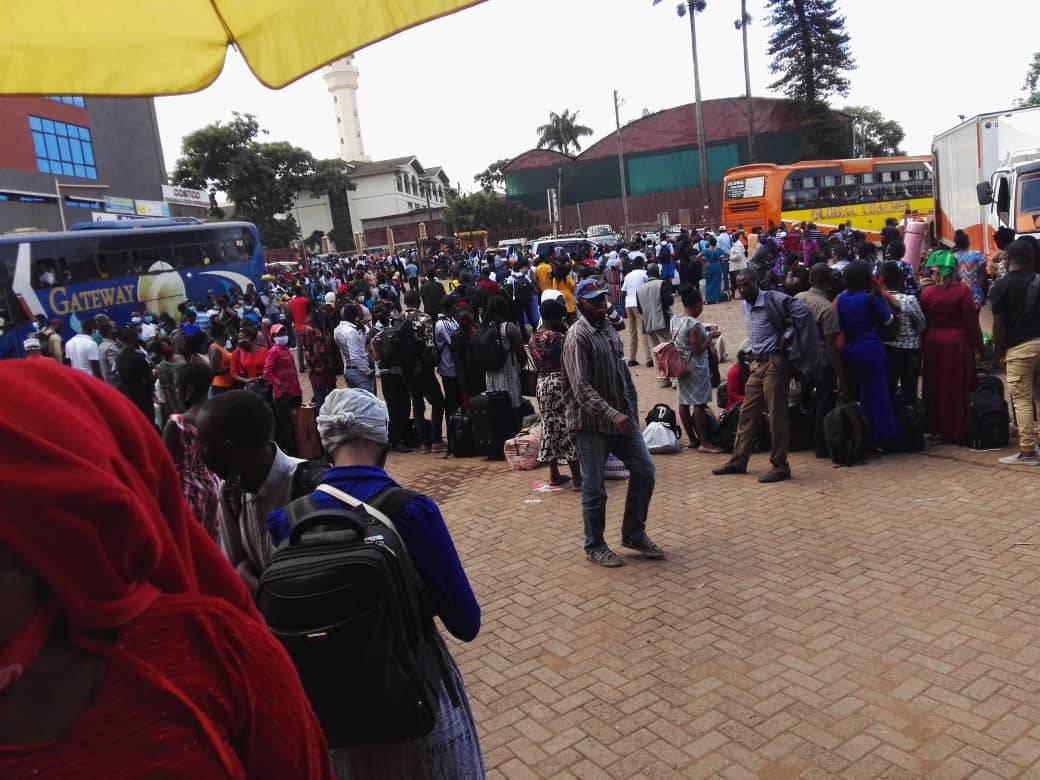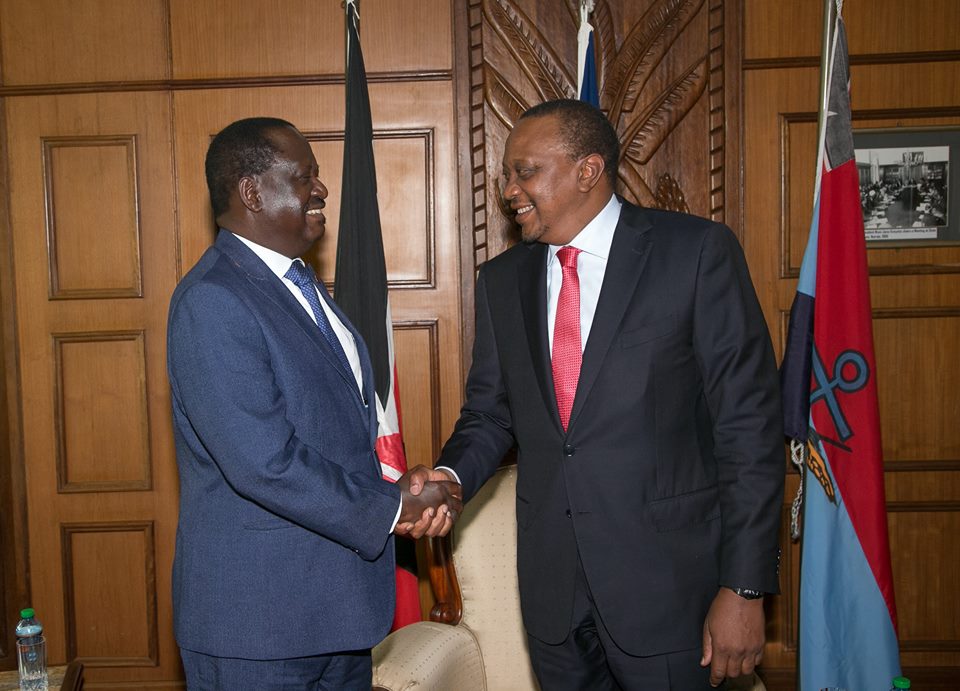A telecom mast/ Courtesy photo
Telecommunications firm Airtel Africa has stopped investing in tower infrastructure in Kenya, Uganda and other markets in the continent, with the company intending to sell most of its existing assets.
The company’s strategy of reducing ownership of infrastructure in favour of leasing has been disclosed by the International Finance Corporation (IFC) which is funding the multinational telecoms operator.
“Airtel Africa is focusing on an asset-light business model and has divested most of its telecommunications tower portfolio and is in the final stages of divesting the majority of its remaining tower portfolio to tower companies,” IFC said in its investment disclosures.
“Airtel Africa currently maintains a limited number of strategic tower sites (approximately 2,500) across its business, and presently has no foreseeable plans to materially expand its owned towers portfolio.”
IFC said that Airtel currently engages independent telecommunications tower companies to expand its network on two models.
One is by leasing space on their existing infrastructure. The second one is by contracting them to erect towers specific to Airtel’s network coverage needs and in which case the telco becomes the “anchor tenant.”
IFC is also funding a new entrant in the Kenyan telecommunications towers business and which is targeting Airtel, Safaricom and Telkom Kenya with 4G infrastructure.
Atlas Tower Kenya is investing $48.9 million (Sh5.6 billion) to install the 4G towers.
The telcos are in a race to cover most of the country with the fourth generation (4G) broadband cellular technology to attract and retain subscribers using smartphones.
Atlas, owned by Kalahari Capital LLC and Adrian Group Limited, will fund part of the investment using loans from IFC.
Mobile network operators are increasingly moving to lease towers from independent providers who can serve multiple clients, allowing the telcos to cut costs and focus on acquiring and serving subscribers with various services.
The Kenyan mobile network operators started building their own towers and other infrastructure, a strategy that has seen each firm spend billions of shillings annually on upgrades and maintenance.
The telcos are now seeking to share infrastructure built by independent parties, helping to cut their capital expenditure.
Safaricom, the market leader which has invested the most in building its own infrastructure, in 2020 announced it was looking to lease towers from other parties.
Telkom Kenya has also sold some of its towers in recent years, signalling the shift to shared infrastructure.
–Business Daily





